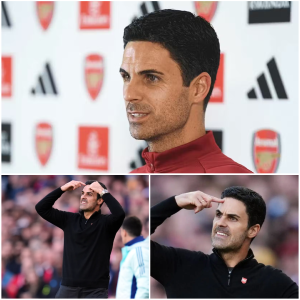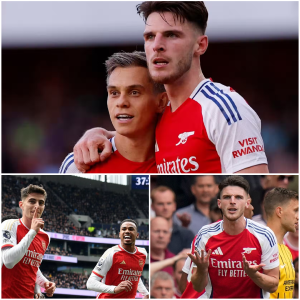The fact that winning goalscorer Ben Watson broke his leg just months before Wigan Athletic’s FA Cup triumph makes the victory all the more impressive
The 11th May 2013 is a date that means everything to Wigan Athletic fans, the day that their club’s rise from the lower leagues to enjoying an eight-year Premier League stint culminated in lifting the FA Cup as they defeated Manchester City at Wembley.
It is a well-documented tale that the Latics became the first, and still only, team to win the oldest domestic cup competition in the world in the same year as being relegated.
Football fans up and down the country will also remember the moment when Ben Watson’s heroic header from Shaun Maloney’s stoppage-time corner flew over then-England number one Joe Hart and into the back of the net.
It was a remarkable underdog triumph that Roberto Martinez’s relegated Latics defeated a City side who had lifted their first Premier League title 12 months previously and boasted a star-studded lineup including the likes of Sergio Aguero and Yaya Toure.
There is, however, one aspect of this historical, feel-good story regarding the goalscorer which is less talked about, but it makes the Latics’ victory all the more memorable for the Brick Community Stadium faithful.
Watson broke his leg just months before Wigan’s FA Cup victory

On 17th November 2012, the Latics travelled to Anfield to take on Liverpool, knowing that they had a tricky task on their hands trying to overcome the Reds, while also being acutely aware that every point mattered in the fight against relegation.
And eventually it proved to be a tough day at the office for Martinez and co, as the Merseyside outfit ran out as 3-0 victors thanks to a Luis Suarez brace, and a third goal added by Jose Enrique.
But the most damaging aspect of a late autumn afternoon for the Latics was that Watson, a key cog in the midfield at the time, suffered a broken leg following a collision with a young Raheem Sterling.
Wigan will have been fearful of the prospect of facing the majority of the Premier League season without one of their key players, the last thing they needed in the battle against the drop.
But, away from the Latics’ top-flight struggles, a remarkable FA Cup run began to unfold as Martinez’s men stumbled their way to the last 16, requiring a replay to dispatch Bournemouth, then of League One, in round three, before defeating non-league Macclesfield Town 1-0 in the fourth round.
But by the round of 16, when the Tics locked horns with Huddersfield Town, who were facing a relegation battle of their own in the Championship, the Greater Manchester outfit allowed their Premier League class to shine in West Yorkshire, and defeated the Terriers 4-1.
Then came Wigan’s most impressive result of their historic cup run, prior to the final win, as they hammered Everton, then a strong side under David Moyes’ reliable management, 3-0 at Goodison Park.
As the Latics had now entered the FA Cup semi-final, Watson’s focus quickly turned to wondering if he would be fit enough to play in the final at Wembley, should his side get there.
And not only was the midfielder able to enter the field of play as a late substitute during the Latics’ cup final, he also went on to score the winning goal, as his side defeated a superior City team, and created the sort of famous miraculous tale only football can offer.

While the argument could be made that in pursuing an elongated FA Cup run, which, against all the odds, resulted in the Latics winning the famous old trophy, Wigan compromised their Premier League place, supporters wouldn’t have changed a thing.
It is very possible that the Greater Manchester outfit will never have another opportunity to lift a major trophy, something which no one can ever take away from them.
While, quite frankly, the Latics would have, more than likely, have faced yet another relegation battle the following season if they had stayed up, and an eight-year stint in the Premier League was a major achievement for a club of their stature, but an FA Cup triumph was clearly more important than the potential of a ninth year in the top-flight.











